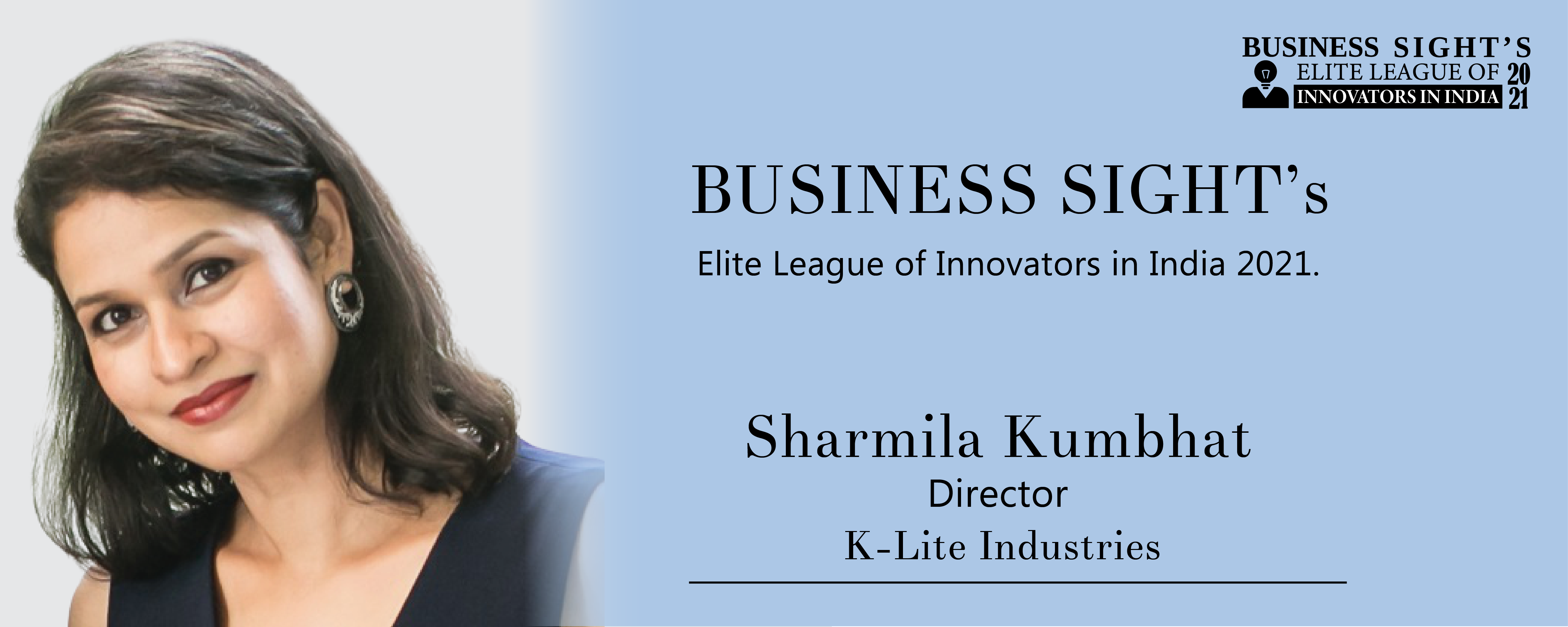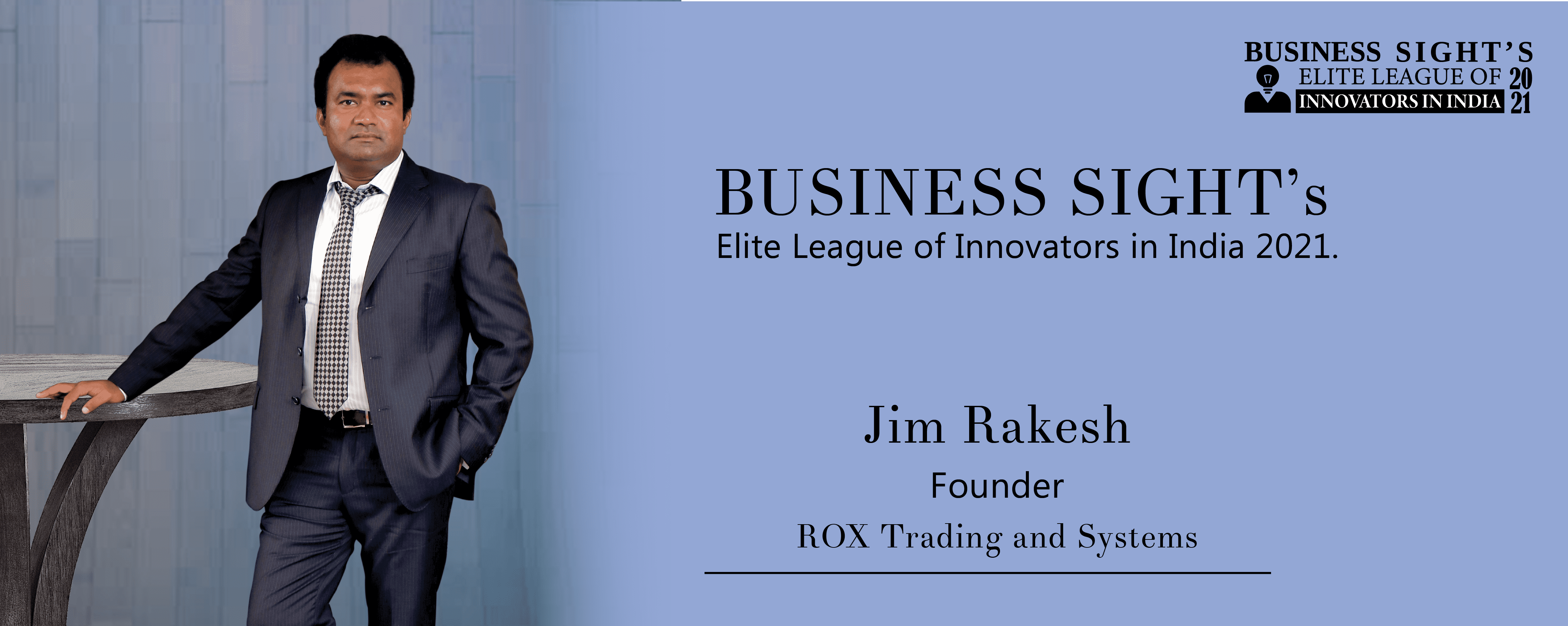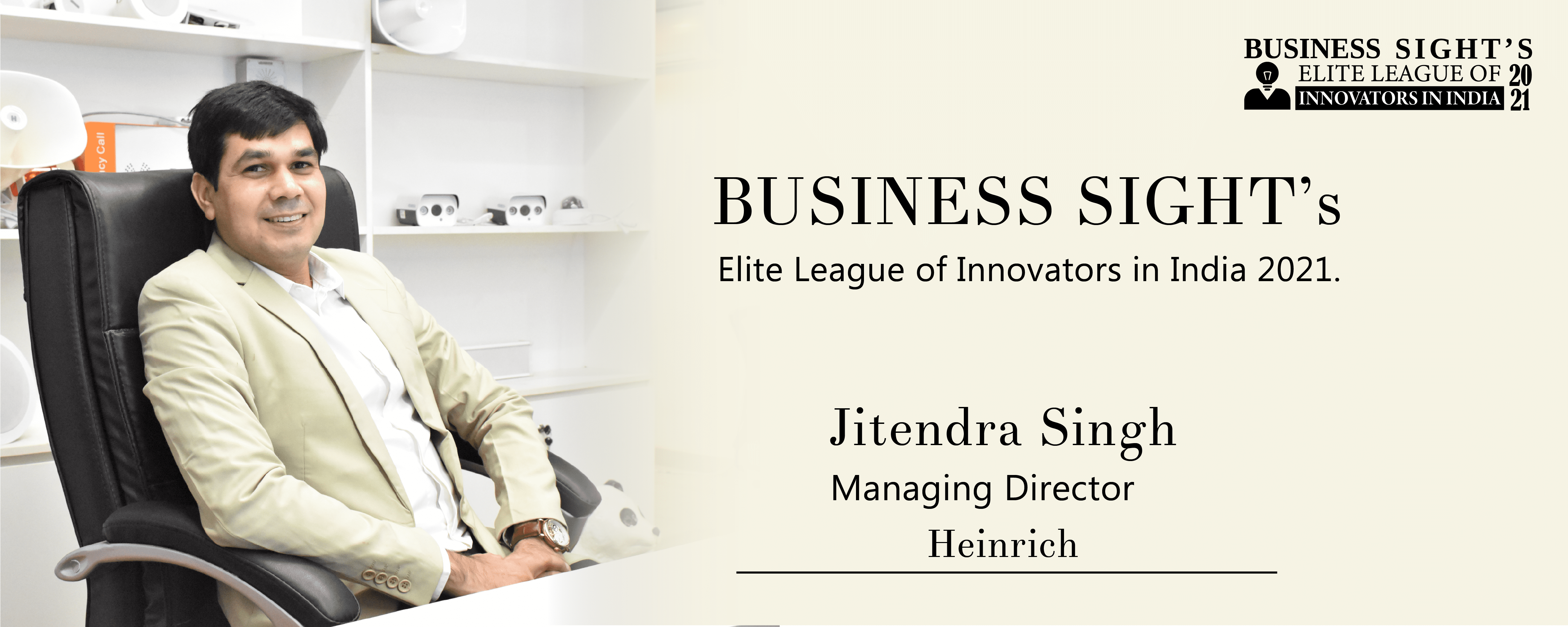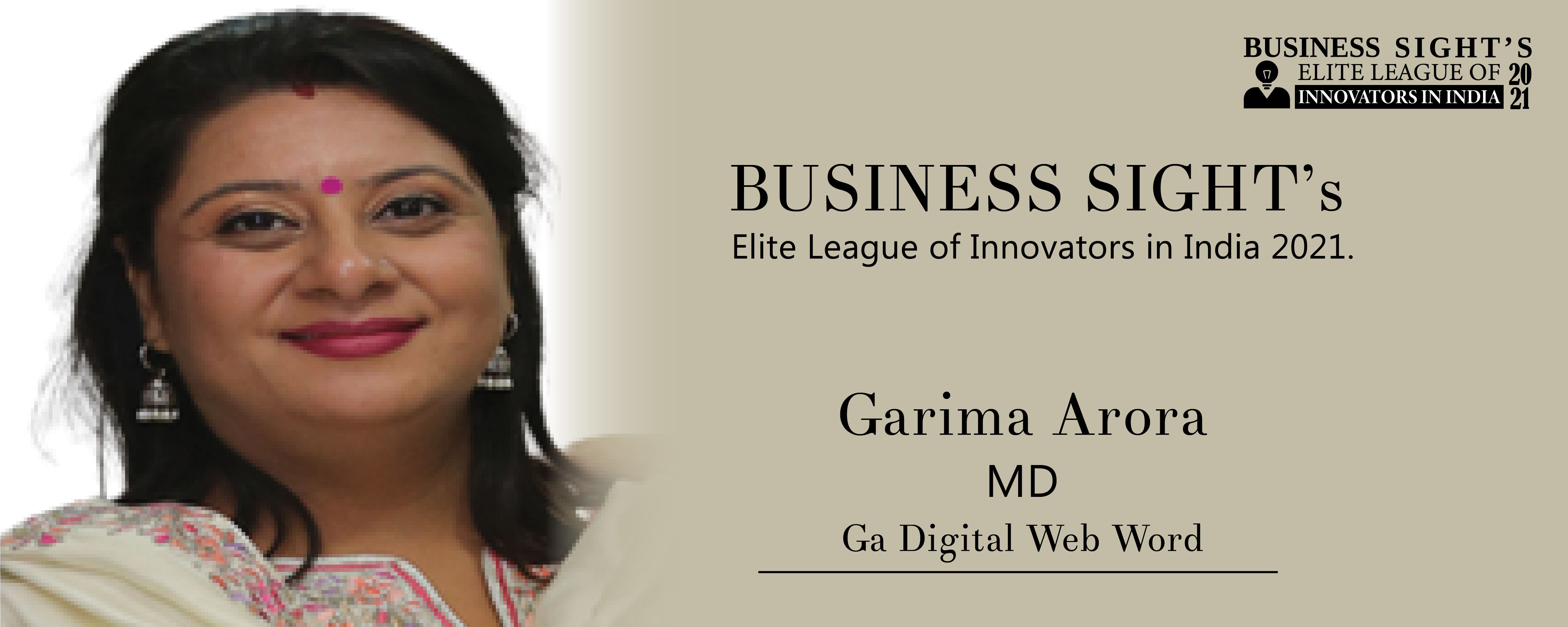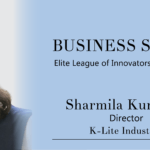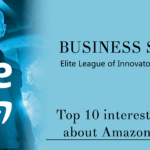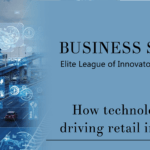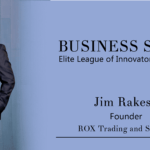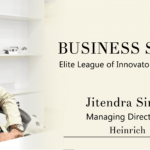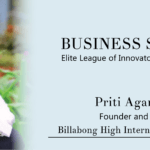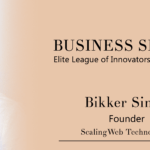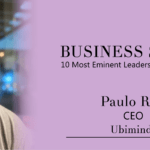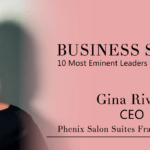Help us understand the background of Simon Lajboschitz in detail.
Simon Lajboschitz is a non-conformist instead of following the traditional path that business leaders often follow, he decided to take a bachelor in Philosophy. During most of his 20’s, Simon worked in the retail industry for Tiger (now, Flying Tiger Copenhagen). As a Brand and Concept Leader he helped establish the company in Asia by overseeing the brand’s expansion in the Chinese and Japanese markets. Throughout this period he also co-founded an advertising agency and co-founded Absalon Folkehus, a unique community house in Copenhagen with singular and quirky events where more than 200 people come to every day.
It was in 2015 when Simon first got in contact with Virtual Reality. He was in New York and he got the chance to watch ‘Clouds Over Sidra’, a documentary about a 12 year old Syrian who is living in a refugee camp in Jordan. This extraordinary experience made Simon feel like he was there and he immediately saw the potenial that the tech had in multiple industries such as education, architecture, tourism, museums, and many more. Determined to go back to Denmark and start working with this exciting tech, he ended up finding Peter, one of the most prolific VR and AR developers in Copenhagen. Together, they founded Khora.
Please explain the journey of Khora from beginning to now.
Khora is a leading Virtual Reality (VR) and Augmented Reality (AR) content production studio located at the heart of Copenhagen, Denmark. Its debut production was a VR puzzle game called ‘Cityscape Repairman’, which was built for the Samsung Gear VR and for the Oculus Rift. The Samsung Gear VR version was a finalist in the Oculus VR Mobile Jam 2015 edition. The company ended up producing more than 200 VR and AR projects to date in areas like healthcare, museums, training, marketing and others. But more on that later.
When Simon and Peter founded the company, not a lot of people had the chance to try VR and AR, and if organizations were to invest in the tech people would have to try it to fully understand the possibilities. So, both saw the need for a physical place where people could try out the technology and potentiate conversations about the application of the tech in different industries, and that is how the world’s first VR shop was opened. The VR shop offered free VR demos and worked as an arcade for people to have fun with the tech, while also serving as a showroom to inspire people. The company quickly started to diversify its services by creating customized workshops and events for organizations that wanted to explore the tech. To date, they have organized over 800 events and workshops for organizations operating in the most diverse set of industries.
These workshops and demos quickly became fuel of inspiration for many institutions that started wanting to experiment different concepts with the technology. This approach gave birth to several projects, amongst which “Seagull Splash”, a VR Pain Distraction game that is being used to help children aged between 6 and 12 years old standing still while getting needle interventions at Rigshospitalet, Denmark’s biggest hospital. Today, the company stands as one of the world’s most experienced VR and AR content production studios.
What are the services/solutions or products offered by your company and if you could tell us something about your upcoming products or services?
The core business of Khora lies in the production of custom-made VR and AR content. They do that for multiple industries: training and simulations, museums, tourism, marketing, education, contemporary arts and healthcare are some of the examples.
They have recently worked together with the Knowledge Center for Crafts, Sustainability, Climate Renovation and Construction on a VR training simulation to help students train on how to perform thermal inspections. Here, the students are expected to learn how to use a thermal camera, inspect a house for drafts, isolation issues and possible mold complications. This is a scenario that is hard to practice and simulate at technical schools, but with the help of VR we can recreate it and gamify the experience.
Khora is currently working on a VR project that can be used as a novel therapy for people who are suffering from hearing hallucinations, the ‘Challenge Project’. This will be achieved by creating a software that modulates the voice of a therapist in real-time to make it similar to the one that is in the patient’s head. The software will also allow the patient to create a custom made 3D avatar to give a face to the voice, which in turn, the patient will face the avatar in the virtual environment. This project will be moving to medical trial phase in the Winter, where over 250 people will be participating in the study all across the Capital Region of Copenhagen.
On top of the productions, Khora also offers consultancy to organizations, which most often comes in the form of workshops, and the VR arcade also allows families and party groups to come and experience the tech.
To know more about your culture and vision?
Khora aims to Expand Reality through value-creating applications of Virtual and Augmented Reality. We are a team of explorers, so we value creativity a lot, because this is what helps us keep pushing the boundaries in different fields. At the same time, we try to balance that with our clients’ needs, which lie at the heart of every project we work on. In our everyday work, we also try to cultivate a family culture amongst co-workers, so that everyone feels like that more than a place where we work on cool projects, it is also a place where everyone has each other’s backs.
How does the company’s hierarchy look like?
The company holds a flat hierarchy with only two levels of management, which reflects a culture that is well grounded on individual autonomy, responsibility and accountability.
What are the strategies of your company and how they stand unique from your competitors?
VR and AR have only resurfaced as mainstream technologies in the past 5 years, so there is a lot of untapped potential into how and where they can applied for. Instead of just focusing on marketing content, or healthcare content, as a company, we want to explore the untapped value of the technology, so we are keeping ourselves open to collaborations within different industries, because we never know what type of new challenge will the technology help solve tomorrow.
This is an industry, where technical developments are happening constantly and fast, so as an organization we have to be on the tip of our toes to keep up with the changes to be able to spot trends and uncover potential new lines of business. A good example of this has been with Instagram opening their platform so that anyone could publish AR filters on their platform. So, suddenly our clients had a big distribution platform for AR experiences at their disposal, which opened up a lot of doors for, for example, ecommerce businesses, where they could create virtual try on experiences for their customers.
On the long term, Khora is looking for AR and VR projects that can be turned into scalable products. “Seagull Splash” is such an example, which became part of ComfortXR, a dedicated VR solution for hospitals and healthcare centers to help nurses distract children from the pain of needle procedures. The company is now selling this product to multiple hospitals in the region. We have also been applying this strategy to exposure therapy (Khora Exposure) and to elderly care (Khora Care).
What are the key values which helped you to overcome the roadblocks/challenges in your career?
I believe that to explore a new area you have to approach it humbly and actually listen to the experts in the field. This same approach has allowed Khora to apply VR and AR into areas that we didn’t even consider when the company first started out. On top of that, our family style of running the company allows us to build personal relationships and trust with clients and collaborators. These approaches combined make long term collaborations blossom.


